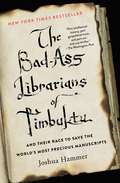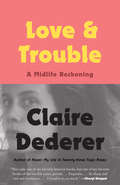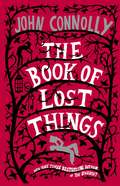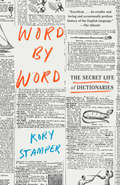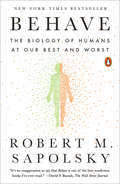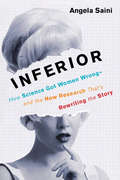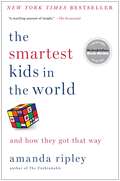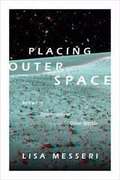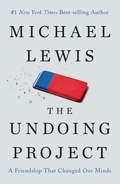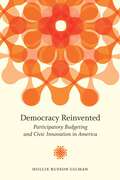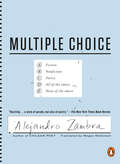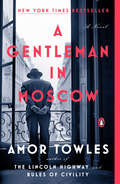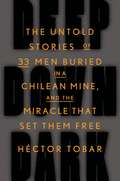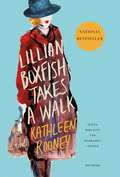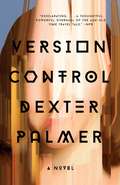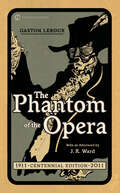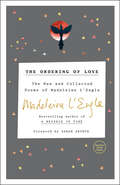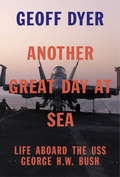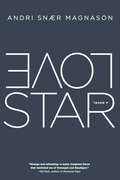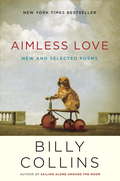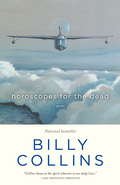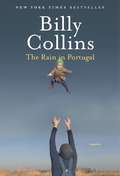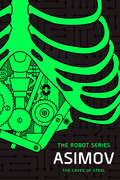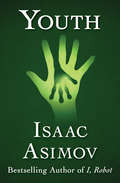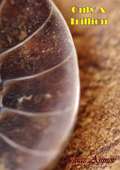Special Collections
| Category | Title | Author | Date Added | Action |
|---|---|---|---|---|
| When you’re in the mood for adventure |
|
Joshua Hammer | 06/30/2017 | |
| When you’re in the mood for adventure |
|
Claire Dederer | 06/30/2017 | |
| When you’re in the mood for adventure |
|
John Connolly | 06/30/2017 | |
| When you’re itching to go back to school |
|
Kory Stamper | 06/30/2017 | |
| When you’re itching to go back to school |
|
Robert M. Sapolsky | 06/30/2017 | |
| When you’re itching to go back to school |
|
Angela Saini | 06/30/2017 | |
| When you’re itching to go back to school |
|
Amanda Ripley | 06/30/2017 | |
| When you’re itching to go back to school |
|
Lisa Messeri | 06/30/2017 | |
| When you’re itching to go back to school |
|
Michael Lewis | 06/30/2017 | |
| When you’re itching to go back to school |
|
Hollie Russon Gilman | 06/30/2017 | |
| When you’re lying in the sun |
|
Alejandro Zambra and Megan Mcdowell | 06/30/2017 | |
| When you’re lying in the sun |
|
Amor Towles | 06/30/2017 | |
| When you’re lying in the sun |
|
Héctor Tobar | 06/30/2017 | |
| When you’re lying in the sun |
|
Kathleen Rooney | 06/30/2017 | |
| When you’re lying in the sun |
|
Dexter Palmer | 06/30/2017 | |
| When you’re lying in the sun |
|
Gaston Leroux and Dr John L. Flynn | 06/30/2017 | |
| When you’re lying in the sun |
|
Madeleine L'Engle | 06/30/2017 | |
| When you’re lying in the sun |
|
Geoff Dyer | 06/30/2017 | |
| When you’re lying in the sun |
|
Andri Snaer Magnason and Victoria Cribb | 06/30/2017 | |
| When you’re lying in the sun |
|
Billy Collins | 06/30/2017 | |
| When you’re lying in the sun |
|
Billy Collins | 06/30/2017 | |
| When you’re lying in the sun |
|
Billy Collins | 06/30/2017 | |
| When you’re lying in the sun |
|
Isaac Asimov | 06/30/2017 | |
| When you’re lying in the sun |
|
Isaac Asimov | 06/30/2017 | |
| When you’re lying in the sun |
|
Isaac Asimov | 06/30/2017 |
